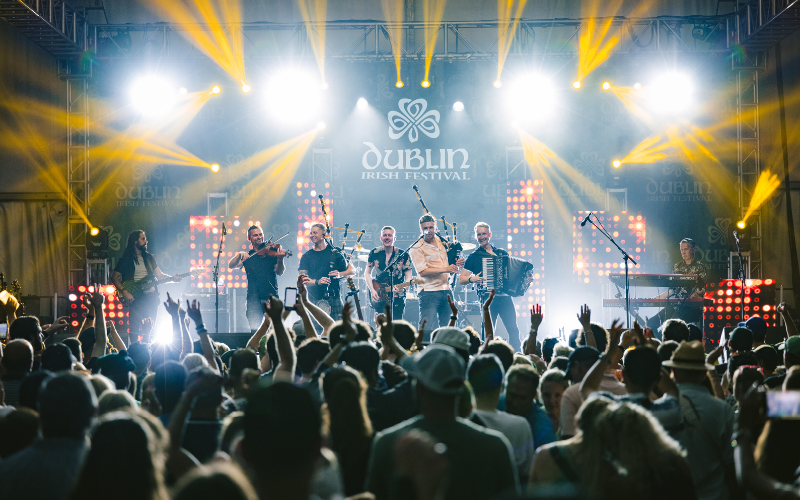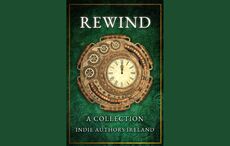President Donald Trump has been using the term "Paddy Wagon", which seems to divide our Irish American readers but back as far as 1968 Martin Luther King Jr used the phrase.
Judging by the heated reader response to our article on Sunday there is a deep divide between Irish Americans who find the term “Paddy Wagon” offensive and those who don’t.
We reported yesterday that President Trump has begun using the term continuously, the latest in Nevada when he was on the stump saying that M-13 gang members should be locked up in Paddy Wagons and deported.
Read more: President Trump insults Irish Americans again with “Paddy Wagon” slur

A photo of the old Paddy Wagons employed by the police.
It ties back in to a similar statement he made on Long Island in 2017 discussing the same topic. “When you see these thugs being thrown into the back of a paddy wagon — you just see them thrown in, rough — I said, please don’t be too nice,” Trump said.
In fairness to him Martin Luther King used the term “Paddy Wagon” too -and in his famous “I’ve been to the mountaintop ”speech on April 3, 1968. Describing his battle against arch segregationist Bull Connor who ran Birmingham, Alabama, King stated.

Martin Luther Kings Jr.
“We would be thrown in the paddy wagons, and sometimes we were stacked in there like sardines in a can,” King recounted.
“And they would throw us in, and old Bull would say, ‘Take ’em off,’ and they did; we would just go in the paddy wagon singing, ‘We Shall Overcome.’ ”
If it’s good enough for Martin Luther King, it is OK for Donald Trump right?
Well not so fast. The expert in all this is a great journalist called Jim Mulvaney , formerly with Newsday and now an adjunct professor of criminal law at John Jay college in New York.
Mulvaney intensely disliked the term “Paddy Wagon” as he made clear in a Washington Post Op-Ed last year after Trump used it.
He wrote: “I was also put off by Trump’s description of police rounding up gang members into a “paddy wagon.” To many Irish Americans like myself, the phrase is insulting; it should not be used in polite discourse.
“Paddy, of course, borrows from the pet form of the common Irish name Patrick and has long been deployed as a slur.
He writes that social commentator William J. Stern stated that the vans came to be known as “Paddy Wagons” because “Over half the people arrested in New York in the 1840s and 1850s were Irish... so that police vans were dubbed ‘Paddy Wagons’ and episodes of mob violence in the streets were called ‘donnybrooks,’ after a town in Ireland.”
Others disagree saying so much of the New York police force were Irish that ““Paddy Wagon” had less to do with the prisoners thrown into the back than with the police driving in front.
Mulvaney writes “Indeed, by the 1960s, civil rights protesters had adopted “paddies” as a generic term for the police. I certainly don’t think King intended to slight Irish Americans. And Trump probably didn’t either. But that doesn’t take the sting out of the phrase when I hear it.”
“Two years ago, I complained to the New York Times about the appearance of “Paddy Wagon” in a crossword. Puzzle editor Will Shortz dismissed my objections, writing: “The Irish are not a group that’s discriminated against in the U.S.”
Mulvaney concludes “That’s generally true. But each use of the phrase “paddy wagon” evokes a time when they were.”
Read more: Think your ancestors came here legally and 'waited their turn'? Think again




Comments